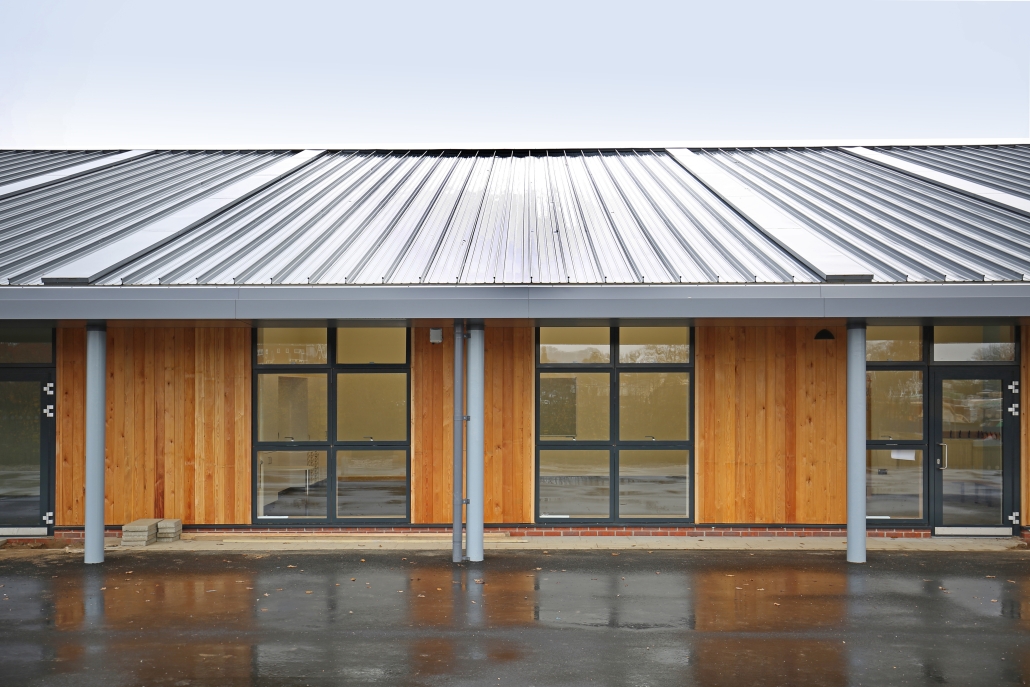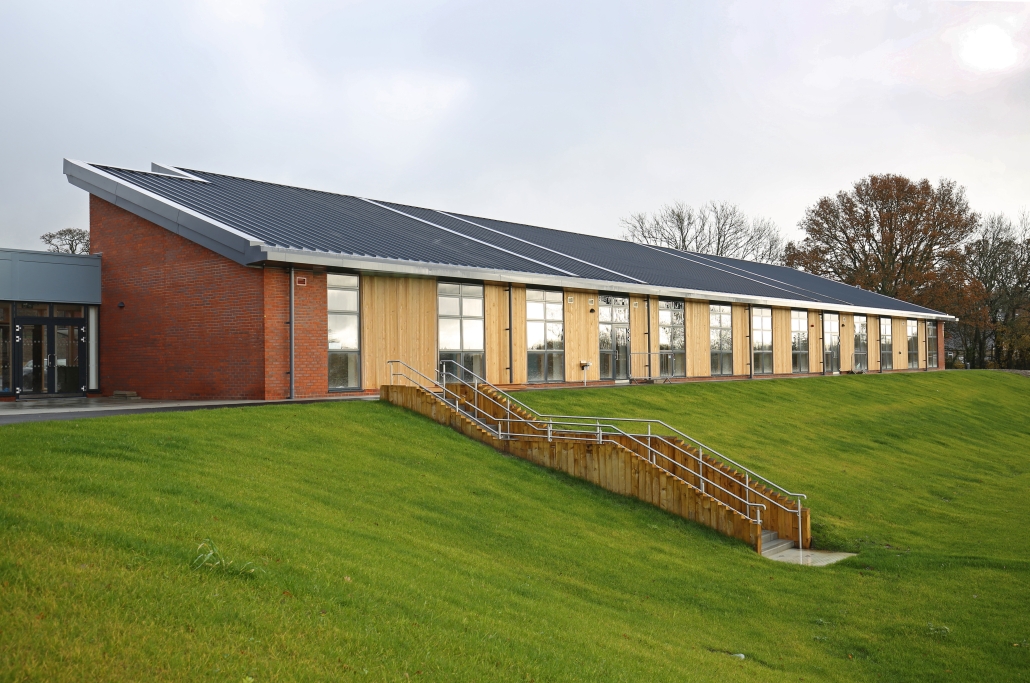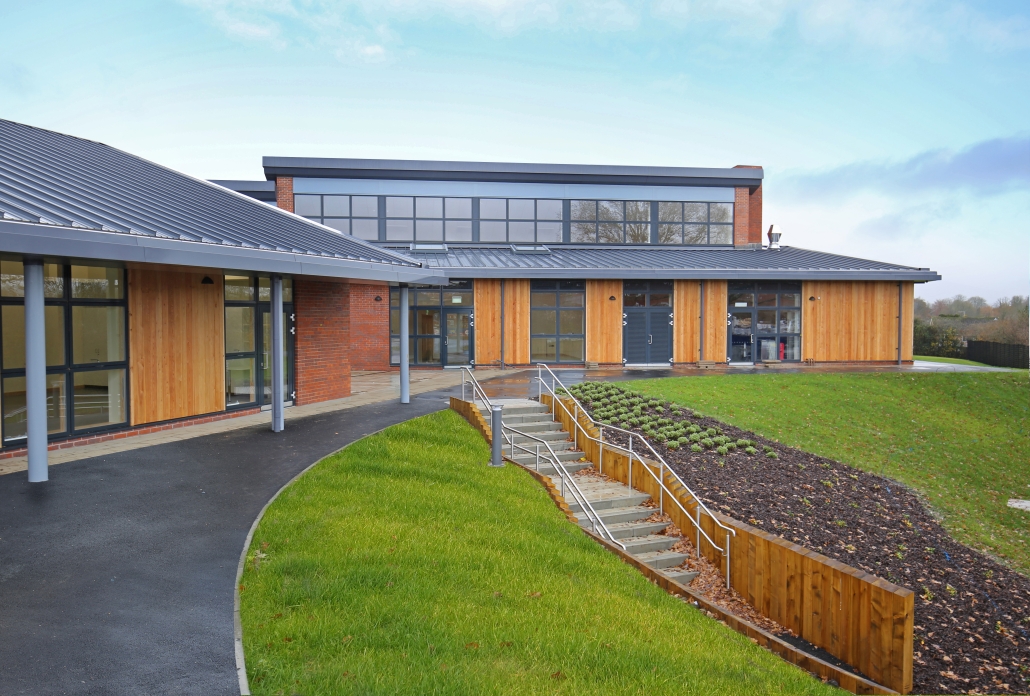Although Dorset County Council (DCC) used a traditional form of contract, we were appointed under a PCSA during RIBA Stage 4 to provide cost and buildability advice and to offer the benefits of early engagement with our supply chain. Through clever works sequencing, the team delivered the playing field earlier than programmed.
Construction of a new three-form entry first school, on a shared new housing site with Bloor Homes, fit for the 21st century teaching and learning to accommodate an increase in pupils generated by the surrounding housing developments in Wimborne. The new school will accommodate 450 pupils and is located just 0.8 miles from the town centre.
The Challenge
DCC’s key drivers for the project include delivering within their approved budget and maximising investment in the local area.












